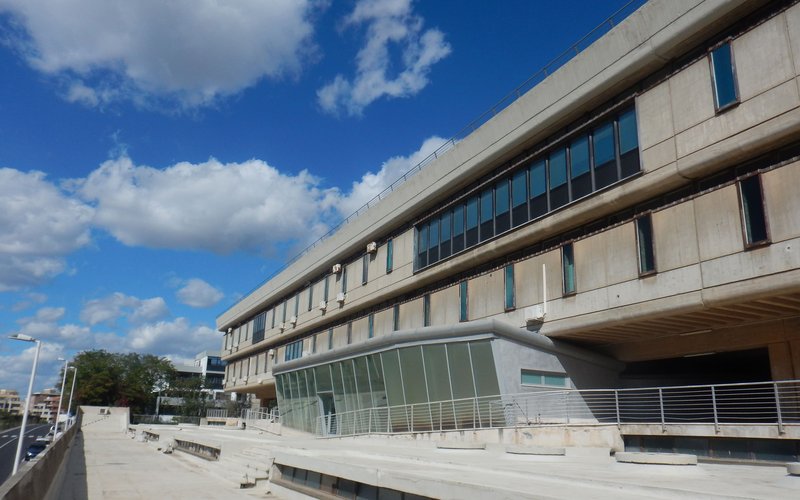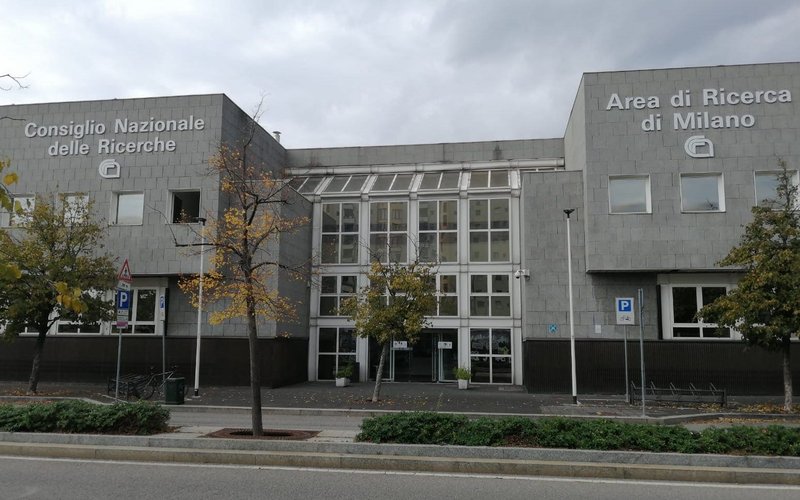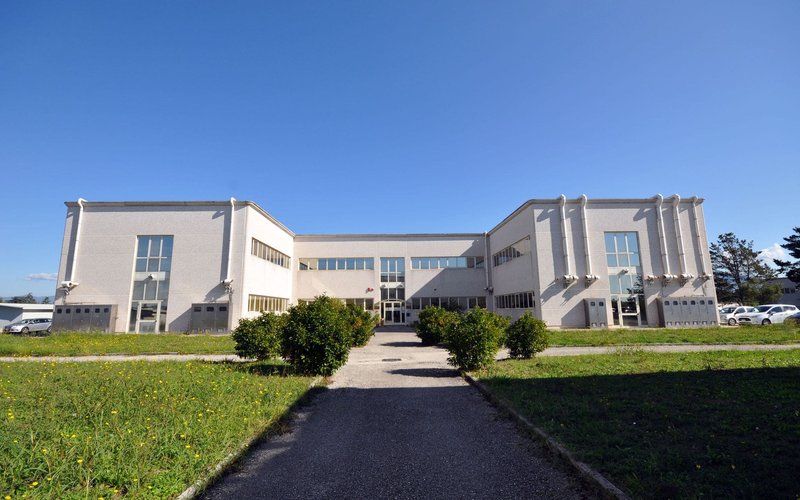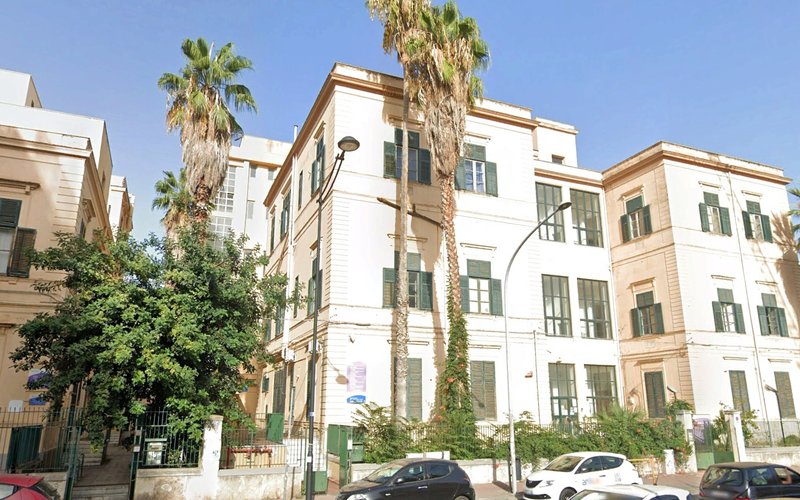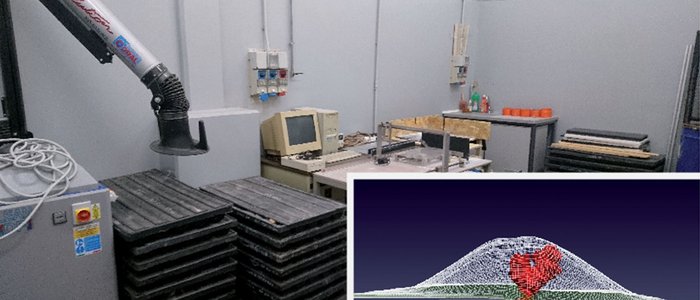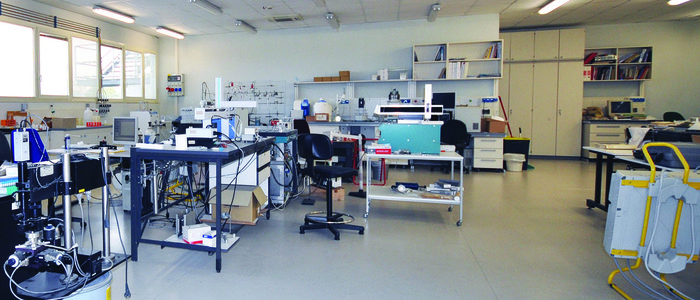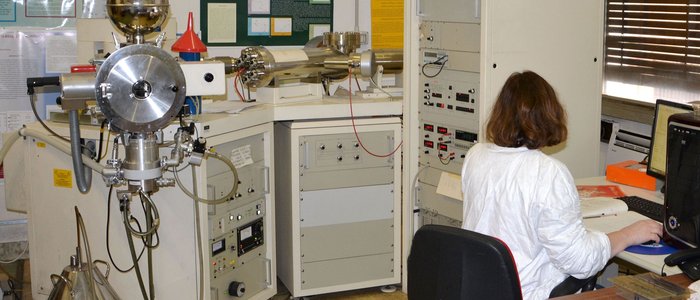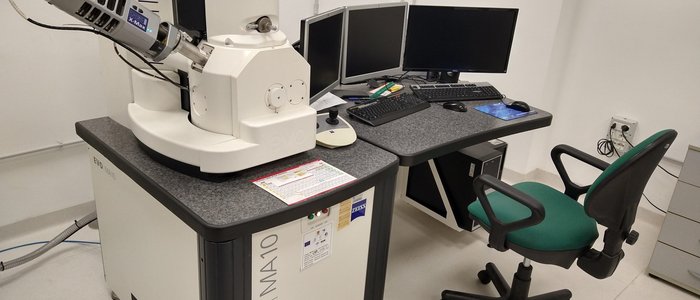
The Institute of Environmental Geology and Geoengineering of the National Research Council was born in Rome in 2001 from the merger of five previous institutes operating in various fields of geology, engineering, chemistry and geochemistry, thus realizing the integration of skills typical of the sciences earth, geotechnical and mining engineering and environmental chemistry. The mission of the Institute consists in the study and understanding of geological and natural processes and anthropogenic activities that interact with the environment, activities and human life.
Latest news
 10 June 2024
10 June 2024
Webinar IGAG 18 Giugno 2024
 16 May 2024
16 May 2024
Webinar IGAG 21 Maggio 2024
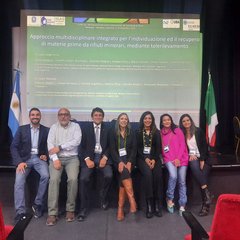 27 November 2023
27 November 2023
XVIII Incontro del Centro Internazionale di Scienze della Terra
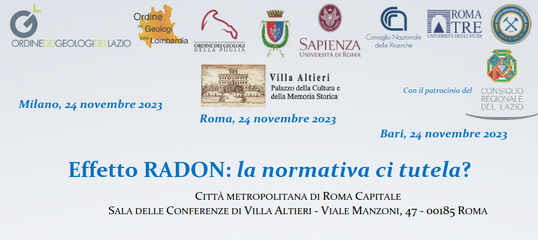 21 November 2023
21 November 2023
Convegno in presenza "Effetto RADON: la normativa ci tutela?"
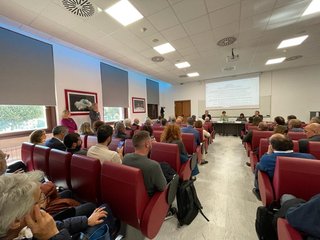 15 November 2023
15 November 2023
Inaugurazione laboratorio congiunto Sapienza-CNR di Microanalisi e Microscopia elettronica
 6 November 2023
6 November 2023
Dall'infinitamente piccolo al sistema solare
Laboratories
Research topics
Institute of Environmental Geology and Geoengineering
Dynamics and evolution of the Earth system
The main aim of this research line is to advance the knowledge of the Earth system, studying, reconstructing, and understanding the dynamics of …
Geo-Environmental Risk
The Geo-Environmental Risk Research Topic is addressed to hazard analysis and risk assessment, for planning and management of the territory and emergencies. Within …
Geomaterials, subsurface resources and geological heritage
This research topic has the objective to improve the knowledge on natural resources, including: (1) raw materials, like metal ores, primary and secondary …
Environmental monitoring, protection and recovery in a circular economy context
The main objective of this Thematic Line consists of the advancement and technological transfer of knowledge in the field of environmental monitoring, protection …
Geologia Planetaria
La presente linea di ricerca ha come obiettivo principale quello di migliorare le conoscenze sulla geologia dei pianeti rocciosi e dei satelliti maggiori …

